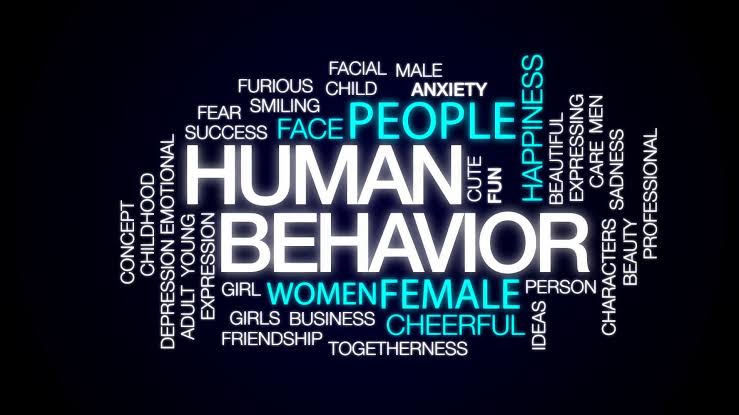Human Behavior – Psychology Notes – For W.B.C.S. Examination.
মানব আচরণ – মনোবিজ্ঞানের নোট – WBCS পরীক্ষা।
Psychology has seen an exceptional increment in the number of aspirants choosing for the same as their optionals subject for W.B.C.S. mains exam. No doubt it is an extremely interesting optional subject. By the day’s end, no optional subject is pretty much scoring. It is one’s devotion and duty which decides the execution.The Psychology optional, broadly favored as an optional subject for W.B.C.S. Mains examination. The typical reason behind the same incorporate it is a simple subject, it is a safe subject, it is considered a scoring subject and so on. Read on to know which is the best book for Psychology W.B.C.S. and How To Prepare Psychology Optional For WBCS Main Exam – Psychology Syllabus.Behavioral neuroscience or biological psychology employs the principles of brain pathology to the study of human behavior through genetic, physiological, and developmental operations, as well as, the brain’s capacity to change with experience. Since the second world war, crime was largely attributed to mostly economic, political, and social factors, along with what psychologists termed at the time, the “weak character” of mental disturbance, and brain biology was rarely considered.Continue Reading Human Behavior – Psychology Notes – For W.B.C.S. Examination.
The Hawthorne Experiments were conducted in the Western Electric Company in Ciero, Illinois to understand the importance of human behavior and the worker productivity. The Hawthorne Studies had four phases which were the illumination experiment, the relay-assembly group experiment, interviewing program and the bank-writing observation-room group studies.
Understanding Human Behavior Nokia recognized for them to stay competitive in the ever changing industry of mobile devices and internet, quick decision-making and global collaboration was crucial. The leadership at Nokia empowered their employees to help revise the company’s values, which is a significant part of the company’s culture. Nokia’s leadership took the steps necessary to understand the impacts of human behavior, and how their decision-making patterns and communication can affect the performance of the employees and the organization.
Humans, like other animal species, have a typical life course that consists of successive phases of growth, each of which is characterized by a distinct set of physical, physiological, and behavioral features. These phases are prenatal life, infancy, childhood, adolescence, and adulthood (including old age). Human development, or developmental psychology, is a field of study that attempts to describe and explain the changes in human cognitive, emotional, and behavioral capabilities and functioning over the entire life span, from the fetus to old age.
Most scientific research on human development has concentrated on the period from birth through early adolescence, owing to both the rapidity and magnitude of the psychological changes observed during those phases and to the fact that they culminate in the optimum mental functioning of early adulthood. A primary motivation of many investigators in the field has been to determine how the culminating mental abilities of adulthood were reached during the preceding phases.Also Read , Animal Husbandry And Veterinary Science Notes On – Effects Of Ions On Heart – For W.B.C.S. Examination.
The systematic study of children is less than 200 years old, and the vast majority of its research has been published since the mid-1940s. Basic philosophical differences over the fundamental nature of children and their growth occupied psychologists during much of the 20th century. The most important of such controversies concerned the relative importance of genetic endowment and environment, or “nature” and “nurture,” in determining development during infancy and childhood. Most researchers came to recognize, however, that it is the interaction of inborn biological factors with external factors, rather than the mutually exclusive action or predominance of one or the other force, that guides and influences human development. The advances in cognition, emotion, and behaviour that normally occur at certain points in the life span require both maturation (i.e., genetically driven biological changes in the central nervous system) and events, experiences, and influences in the physical and social environment. Generally, maturation by itself cannot cause a psychological function to emerge; it does, however, permit such a function to occur and sets limits on its earliest time of appearance.
Please subscribe here to get all future updates on this post/page/category/website


 +919674493673
+919674493673  mailus@wbcsmadeeasy.in
mailus@wbcsmadeeasy.in







































































































